ChatGPT is Eroding Computing Student Communities
This is a Plain English Papers summary of a research paper called ChatGPT is Eroding Computing Student Communities. If you like these kinds of analysis, you should join AImodels.fyi or follow us on Twitter. The Invisible Crisis in Computing Classrooms: How GenAI is Changing Student Communities Generative AI tools like ChatGPT have rapidly transformed computing education, but behind the efficiency gains lurks a concerning trend: the erosion of student social interactions and learning communities. While much research has focused on AI's cognitive and ethical impacts, a new study reveals how these tools are fundamentally altering the social fabric that supports meaningful learning. Researchers from seven R1 universities investigated how generative AI affects peer interactions by interviewing 17 undergraduate computing students. Their findings suggest that AI tools are deeply embedded in classroom social dynamics, often in problematic ways. Students increasingly rely on AI instead of peers for help, with many help providers redirecting questions to ChatGPT rather than providing assistance themselves. This shift has left many students feeling isolated and disconnected from their learning communities. These changes pose particular challenges for student retention and success, especially for underrepresented groups who often benefit most from peer support. As traditional peer networks erode, educators must balance AI integration with preserving the irreplaceable human connections that make learning meaningful. The Social Side of Learning: Why Peer Interactions Matter Recent studies indicate that programming students' use of generative AI is changing how they seek help and interact with course material. Increasingly, students report relying on genAI tools instead of traditional resources like peers, instructors, or the internet. While these tools offer benefits like personalized explanations and debugging support, their growing use raises concerns about the social aspects of learning. Help-seeking has always involved social and emotional barriers - students worry about burdening peers, appearing incompetent, or facing rejection. GenAI tools lower these barriers by providing instant, judgment-free assistance. However, this convenience comes at a cost to social learning dynamics. Previous research consistently shows that collaboration, group work, and mentorship are crucial for promoting equitable access, fostering belonging, supporting self-regulated learning, and developing essential soft skills. Social interactions help students construct knowledge collectively and build identities as computing professionals. If these interactions diminish, there may be significant consequences for learning outcomes and retention. While CS1 students' interactions with AI are being studied from individual learning perspectives, the broader impacts on learning communities remain largely unexplored. This research addresses this critical gap by examining how genAI is reshaping the social dynamics of computing education. Examining the Changing Social Landscape: Research Approach To understand the social impacts of generative AI, researchers conducted semi-structured interviews with 17 undergraduate computing students across seven R1 universities in North America. Interviews lasted 30-45 minutes and were conducted via Zoom with verbal consent and IRB approval. Participants were recruited through faculty announcements, computing-related student organizations, university subreddits, and student Discord servers. Each participant received a $10 gift card for their time. The participant demographics varied by gender (8 women, 9 men), university level, computing majors, programming experience, and genAI usage patterns. ID Sex University Level Major Years Frequency Usage Type P1 F 4th-year IS/CS 5 Never Previously used GenAI, but prefers not to use it P2 M 3rd-year CS 5 Daily Primary source of help P3 F 1st-year DS 1 Sporadic Conceptual questions P4 F 2nd-year CE/CS 2 Daily Primary source of help P5 F 3rd-year (returning) CS 6 Never Never used GenAI before, prefers not to use P6 M 4th-year CS 4 Sporadic Tertiary source of help P7 M 1st-year CS 10 Sporadic Documentation, code-writing assistance (secondary) P8 F 3rd-year CS

This is a Plain English Papers summary of a research paper called ChatGPT is Eroding Computing Student Communities. If you like these kinds of analysis, you should join AImodels.fyi or follow us on Twitter.
The Invisible Crisis in Computing Classrooms: How GenAI is Changing Student Communities
Generative AI tools like ChatGPT have rapidly transformed computing education, but behind the efficiency gains lurks a concerning trend: the erosion of student social interactions and learning communities. While much research has focused on AI's cognitive and ethical impacts, a new study reveals how these tools are fundamentally altering the social fabric that supports meaningful learning.
Researchers from seven R1 universities investigated how generative AI affects peer interactions by interviewing 17 undergraduate computing students. Their findings suggest that AI tools are deeply embedded in classroom social dynamics, often in problematic ways. Students increasingly rely on AI instead of peers for help, with many help providers redirecting questions to ChatGPT rather than providing assistance themselves. This shift has left many students feeling isolated and disconnected from their learning communities.
These changes pose particular challenges for student retention and success, especially for underrepresented groups who often benefit most from peer support. As traditional peer networks erode, educators must balance AI integration with preserving the irreplaceable human connections that make learning meaningful.
The Social Side of Learning: Why Peer Interactions Matter
Recent studies indicate that programming students' use of generative AI is changing how they seek help and interact with course material. Increasingly, students report relying on genAI tools instead of traditional resources like peers, instructors, or the internet. While these tools offer benefits like personalized explanations and debugging support, their growing use raises concerns about the social aspects of learning.
Help-seeking has always involved social and emotional barriers - students worry about burdening peers, appearing incompetent, or facing rejection. GenAI tools lower these barriers by providing instant, judgment-free assistance. However, this convenience comes at a cost to social learning dynamics.
Previous research consistently shows that collaboration, group work, and mentorship are crucial for promoting equitable access, fostering belonging, supporting self-regulated learning, and developing essential soft skills. Social interactions help students construct knowledge collectively and build identities as computing professionals. If these interactions diminish, there may be significant consequences for learning outcomes and retention.
While CS1 students' interactions with AI are being studied from individual learning perspectives, the broader impacts on learning communities remain largely unexplored. This research addresses this critical gap by examining how genAI is reshaping the social dynamics of computing education.
Examining the Changing Social Landscape: Research Approach
To understand the social impacts of generative AI, researchers conducted semi-structured interviews with 17 undergraduate computing students across seven R1 universities in North America. Interviews lasted 30-45 minutes and were conducted via Zoom with verbal consent and IRB approval.
Participants were recruited through faculty announcements, computing-related student organizations, university subreddits, and student Discord servers. Each participant received a $10 gift card for their time. The participant demographics varied by gender (8 women, 9 men), university level, computing majors, programming experience, and genAI usage patterns.
| ID | Sex | University Level | Major | Years | Frequency | Usage Type |
|---|---|---|---|---|---|---|
| P1 | F | 4th-year | IS/CS | 5 | Never | Previously used GenAI, but prefers not to use it |
| P2 | M | 3rd-year | CS | 5 | Daily | Primary source of help |
| P3 | F | 1st-year | DS | 1 | Sporadic | Conceptual questions |
| P4 | F | 2nd-year | CE/CS | 2 | Daily | Primary source of help |
| P5 | F | 3rd-year (returning) | CS | 6 | Never | Never used GenAI before, prefers not to use |
| P6 | M | 4th-year | CS | 4 | Sporadic | Tertiary source of help |
| P7 | M | 1st-year | CS | 10 | Sporadic | Documentation, code-writing assistance (secondary) |
| P8 | F | 3rd-year | CS | <1 | Sporadic | Conceptual questions, code-writing assistance (secondary) |
| P9 | M | 2nd-year | IS | 2 | Sporadic | Conceptual questions, starting assignments (secondary) |
| P10 | M | 3rd-year | CS | 3 | Daily | Primary source of help |
| P11 | M | 1st-year | CS | 4 | Daily | Primary source of help |
| P12 | M | 4th-year (returning) | CS | 16 | Daily | Primary source of help |
| P13 | M | 3rd-year | CS | 4 | Daily | Primary source of help |
| P14 | F | 2nd-year | DS | 1 | Sporadic | Debugging (secondary) |
| P15 | M | 3rd-year | GD/CS | 2 | Sporadic | Code-writing assistance (tertiary) |
| P16 | F | 4th-year | CS | 6 | Daily | Primary source of help |
| P17 | F | 4th-year | CogSci, IxD | 1 | Daily | Debugging (primary) |
Table 1: Demographic information and genAI usage patterns of the 17 undergraduate computing students interviewed across seven R1 universities in North America.
The interview protocol focused on participants' help-seeking processes and how genAI affected their social interactions. Participants ranked help resources based on usage and trust, compared their experiences with different resources, and reflected on changes they observed in peer interactions since genAI became widely available.
Researchers analyzed the interview transcripts using reflexive thematic analysis. Three researchers independently open-coded the responses, then held group discussions to deepen their interpretations without forcing consensus. Themes were developed iteratively and supported with participant quotes to provide interpretive context.
"All Roads Lead to ChatGPT": GenAI's Disruption of Peer Relationships
The research revealed that generative AI has fundamentally altered how students interact with each other in computing courses. Most participants (13 out of 17) described how help-seeking interactions were now mediated by genAI tools, regardless of whether they personally used these tools.
GenAI as an Intermediary in Help-Seeking Interactions
A striking pattern emerged where students described AI as mediating peer help interactions. P5, who identifies as a non-user of genAI, explained this unavoidable mediation:
"Every sentence you hear: 'Oh, GPT!' Even if I don't use it, I definitely still indirectly use it. You can't really escape that…like if I asked for help, and the help came from a human, well, they probably they got it from ChatGPT still. They don't redirect me to GPT. They just give me what they got out of GPT…which is why I say like, even though I haven't personally used it, I feel it's inevitable."
From the help provider's perspective, P16 shared how common it is to simply pass along AI-generated answers:
"Sometimes, they [peers] would ask me a question, and I would ChatGPT it and give it back. They're like, 'Thank you, you helped me so much!' I'm like, 'I did nothing.' It's such a thing now."
This redirection erodes opportunities for meaningful peer interaction. P3 described the emotional impact of being redirected to AI when expressing vulnerability:
"If you say that you're struggling, someone probably will respond, being like, 'Oh, just ChatGPT that instead.' And that's like the biggest change I've seen."
For students like P13, the convenience of AI has changed the calculation about seeking help from friends. While peer interactions provide emotional comfort and camaraderie, the perceived cost (time, social capital, effort) often isn't worth it when AI alternatives are available.
P5, who returned to university after a two-year break, described the prevalence of AI tools as a "culture shock," observing that "all roads lead to GPT." The use of terms like "unavoidable" and "inevitable" suggests these mediated interactions have rapidly evolved into an accepted norm in help-seeking.
Shame and Stigma Surrounding GenAI Usage
Despite widespread adoption, seven participants expressed experiencing shame or stigma associated with genAI usage. Students feared being judged as "lazy," "stupid," or "foolish," and some described skepticism toward genAI users as being "less intelligent."
P4 recalled how students avoided using genAI in class despite having permission:
"Half the people are kind of scared. They don't want to use [ChatGPT] in class like they'll use it at home, because [at home] no one's watching them, no one cares…People were scared to use AI because they didn't wanna be looked down on."
This shame creates a paradoxical situation where students increasingly use AI but feel the need to hide this usage, further isolating them from authentic peer interactions.
The Unraveling of Learning Communities: Social and Educational Implications
The findings suggest that generative AI is reshaping the social fabric of computing education in ways that may harm learning. The mediation of peer interactions through genAI undermines valuable social connections and community building.
Traditional peer interactions foster camaraderie and mutual support, contributing to informal student learning communities. As genAI disrupts these interactions, the mechanisms that drive community building begin to erode. Older students reported concerns that incoming students are becoming less connected to senior mentors, reducing access to the "hidden curriculum" - the unwritten rules, strategies, and cultural norms essential for success.
This reduction in peer interactions and mentorship has emotional consequences. Many students reported feeling lonely and isolated. While genAI tools improve efficiency, they cannot replace the socio-emotional and motivational support that friends provide. One participant described how their passion for computing was sparked and sustained through collaboration with peers - a connection now diminishing.
Beyond social and emotional impacts, these changes may exacerbate metacognitive challenges. Students often rely on socially shared regulation to scaffold their own self-regulation abilities by observing how peers set goals, monitor progress, and adjust strategies. Without this social scaffolding, students face new metacognitive challenges with less support.
These findings have troubling implications for computing education. Students' identities are socially constructed, they depend on each other for support and motivation, and they develop a sense of belonging through these interactions - all factors consistently linked to retention and success. If genAI is interfering with these social processes, the transformative impact on learning communities could be profound.
The study does have limitations: the sample size is small, focused on North American students, and relies on self-reported perceptions rather than empirical measurement of behavioral changes. However, the consistency of themes across participants suggests these are important early insights into a rapidly changing social landscape.
Finding Balance: Preserving Human Connection in an AI-Driven Educational Landscape
As AI transforms classrooms, educators face an urgent challenge: how to balance technological advancement with preserving the social fabric that makes learning meaningful. The research revealed concerning trends including reduced social interactions, missed mentorship opportunities, diminished motivation, and feelings of isolation among computing students.
While generative AI offers clear benefits for personalized learning, its rapid adoption appears to be inadvertently destroying vital social connections. Traditional peer support networks are eroding, which impacts both genAI users and non-users by reducing opportunities for collaboration and community building. This presents particular challenges for underrepresented students who often benefit most from strong peer networks.
Going forward, educators must thoughtfully integrate AI tools while actively fostering environments that encourage meaningful human interaction. This might involve designing collaborative activities that complement rather than compete with AI usage, establishing norms around appropriate AI use, and creating structured opportunities for mentorship and peer learning.
The social dynamics of learning communities are as important as the content being taught. As generative AI reshapes education, preserving these human connections will determine whether these powerful tools enhance or diminish the learning experience.






















































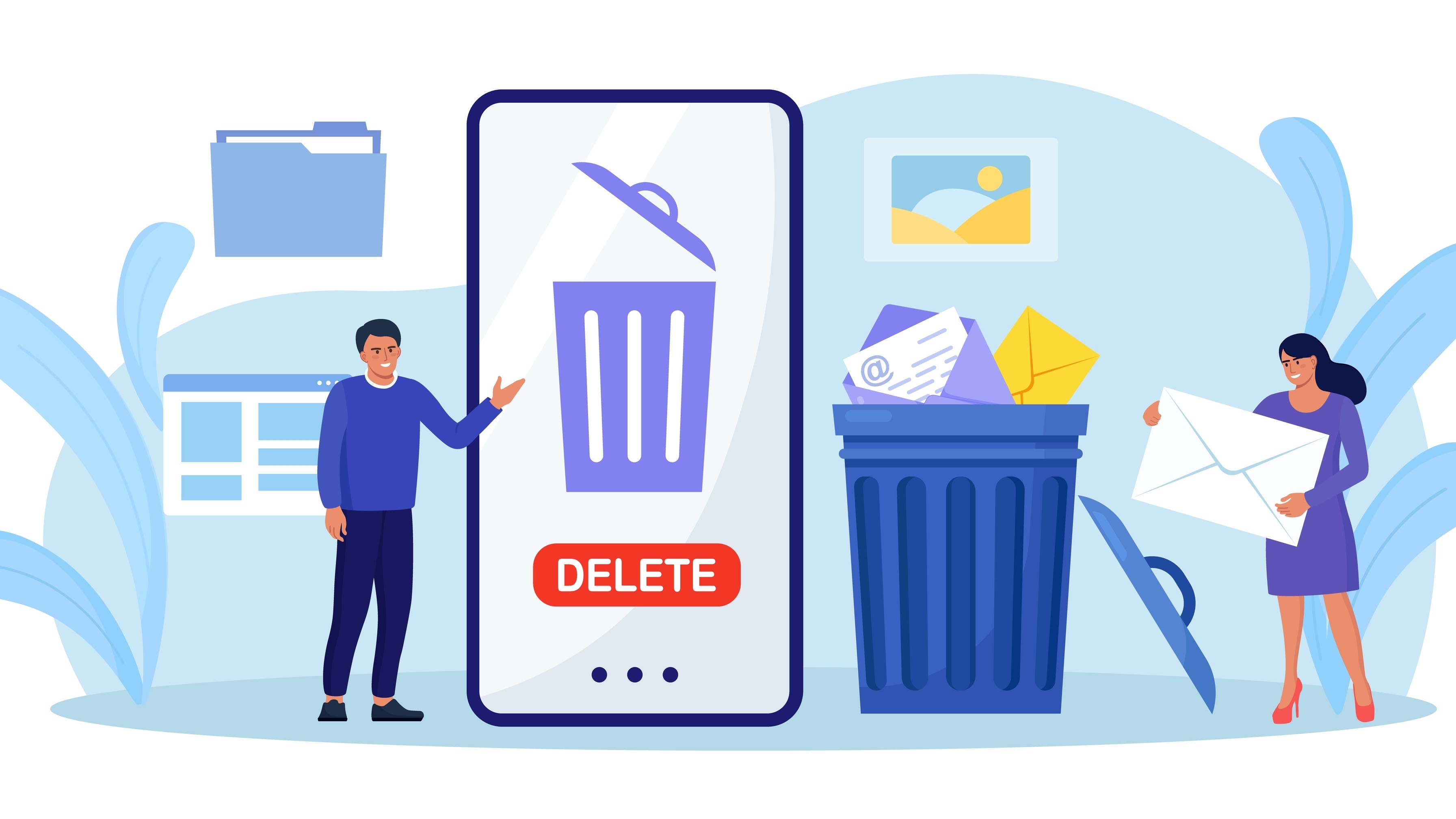
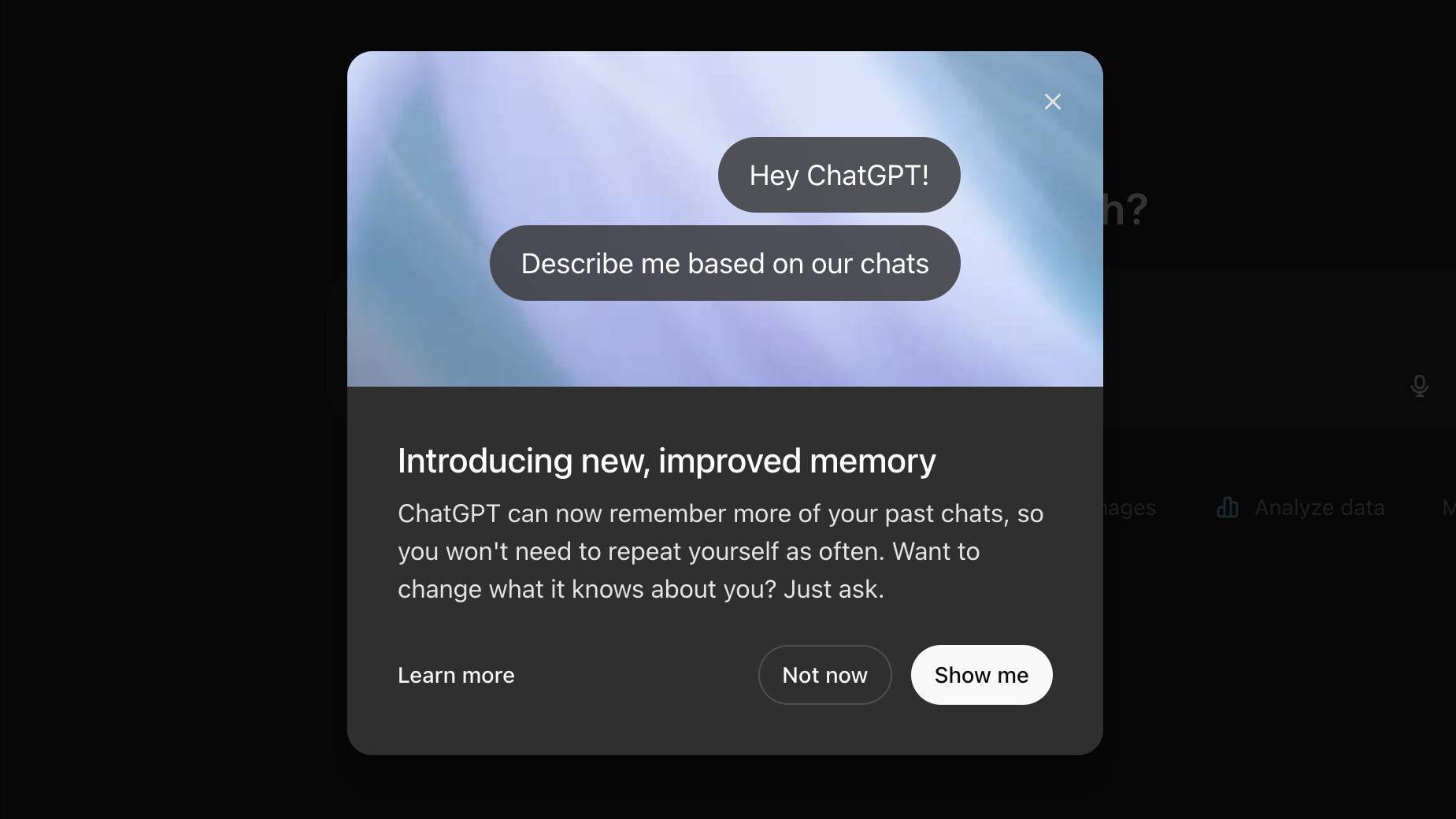











![Apple Shares Official Trailer for 'Long Way Home' Starring Ewan McGregor and Charley Boorman [Video]](https://www.iclarified.com/images/news/97069/97069/97069-640.jpg)
![Apple Watch Series 10 Back On Sale for $299! [Lowest Price Ever]](https://www.iclarified.com/images/news/96657/96657/96657-640.jpg)
![Apple Slips to Fifth in China's Smartphone Market with 9% Decline [Report]](https://www.iclarified.com/images/news/97065/97065/97065-640.jpg)
![EU Postpones Apple App Store Fines Amid Tariff Negotiations [Report]](https://www.iclarified.com/images/news/97068/97068/97068-640.jpg)













![What features do you get with Gemini Advanced? [April 2025]](https://i0.wp.com/9to5google.com/wp-content/uploads/sites/4/2024/02/gemini-advanced-cover.jpg?resize=1200%2C628&quality=82&strip=all&ssl=1)








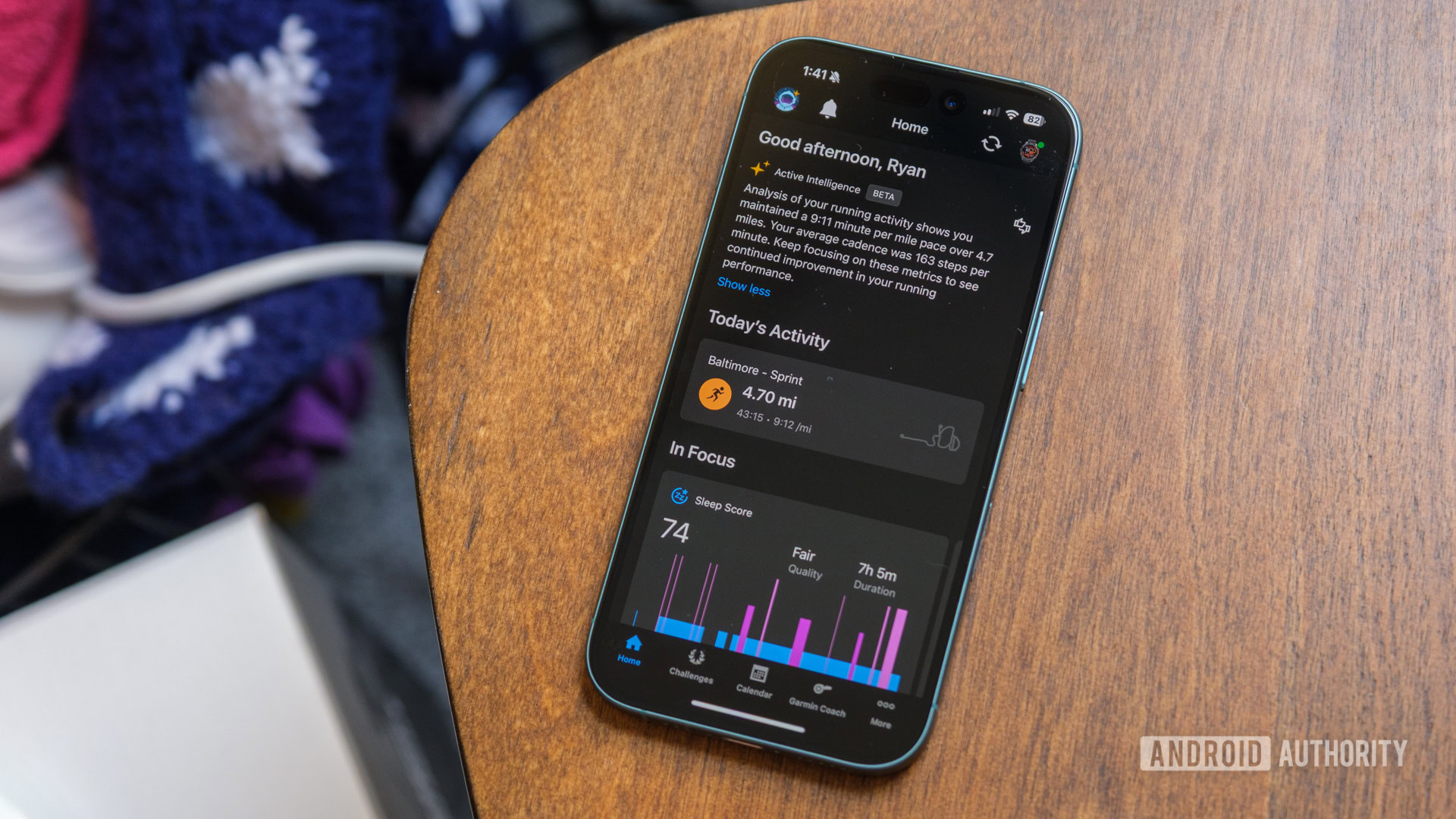





















































































_Andreas_Prott_Alamy.jpg?width=1280&auto=webp&quality=80&disable=upscale#)





















































































![[The AI Show Episode 144]: ChatGPT’s New Memory, Shopify CEO’s Leaked “AI First” Memo, Google Cloud Next Releases, o3 and o4-mini Coming Soon & Llama 4’s Rocky Launch](https://www.marketingaiinstitute.com/hubfs/ep%20144%20cover.png)




























































































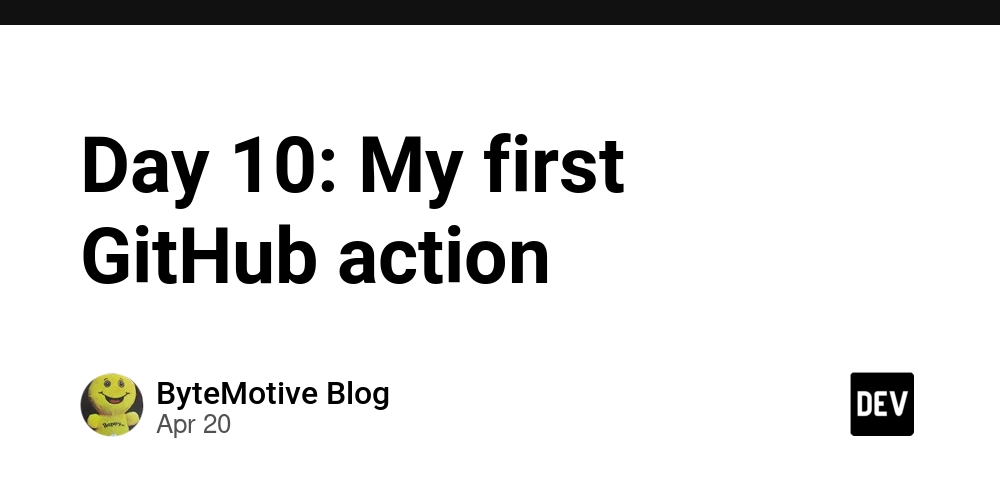
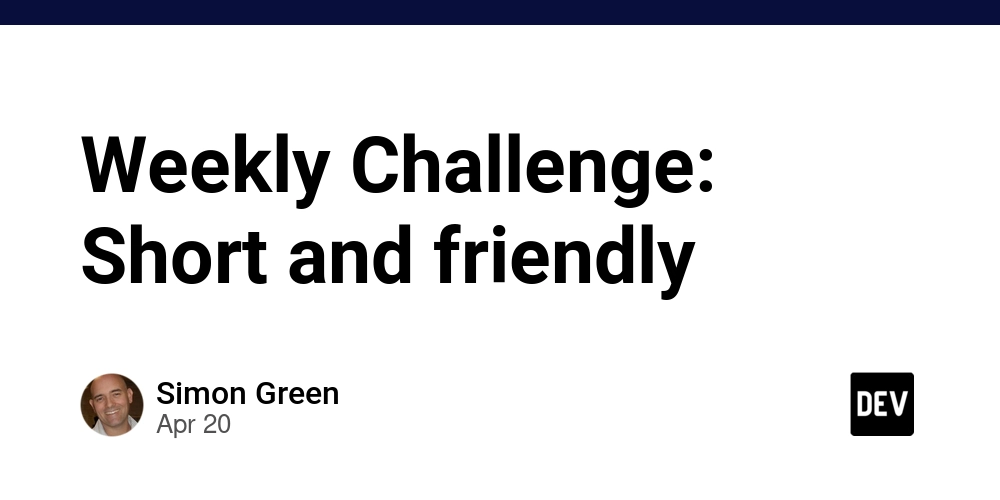
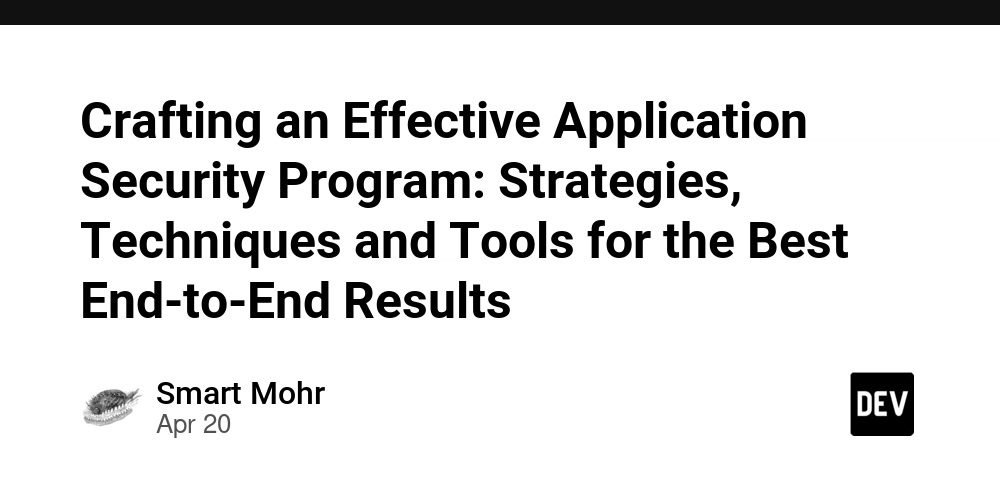























![Is this too much for a modular monolith system? [closed]](https://i.sstatic.net/pYL1nsfg.png)





















![[FREE EBOOKS] Machine Learning Hero, AI-Assisted Programming for Web and Machine Learning & Four More Best Selling Titles](https://www.javacodegeeks.com/wp-content/uploads/2012/12/jcg-logo.jpg)






























































































